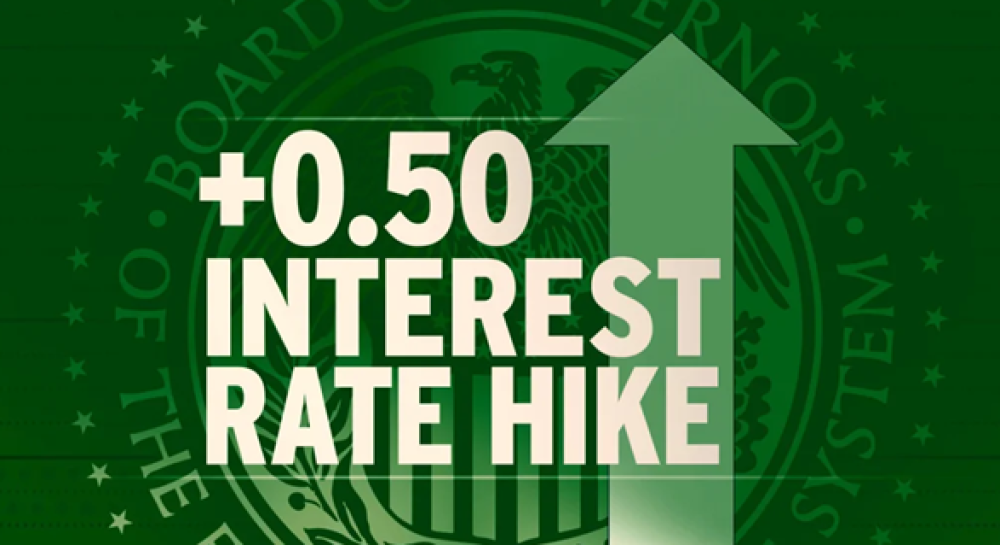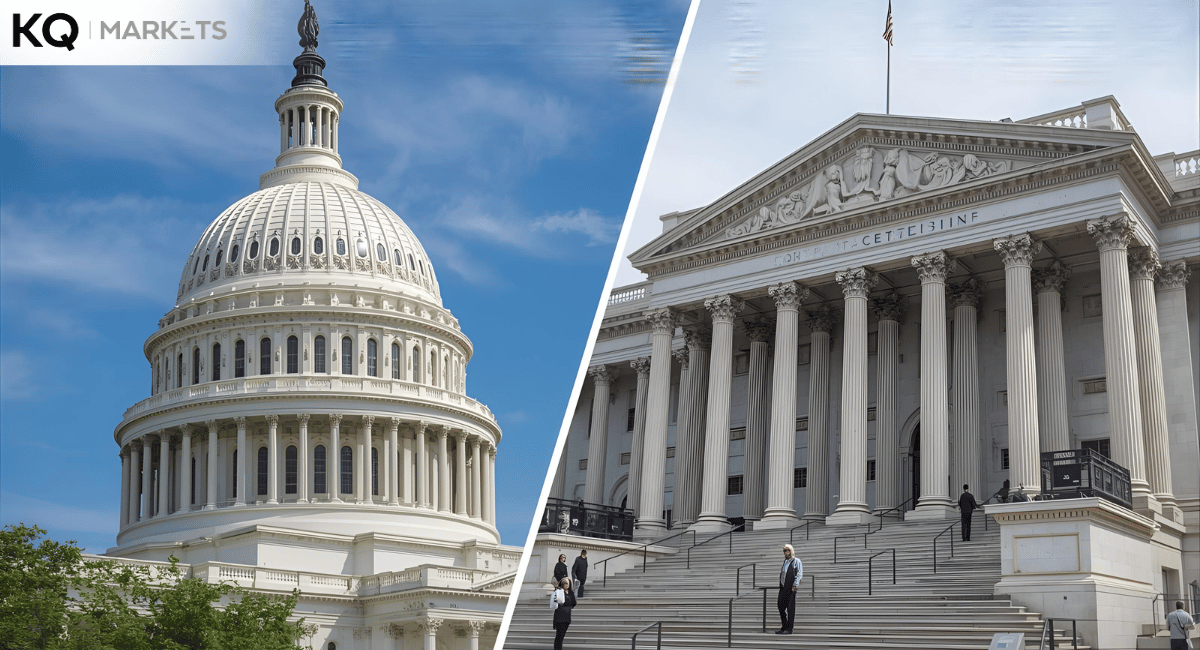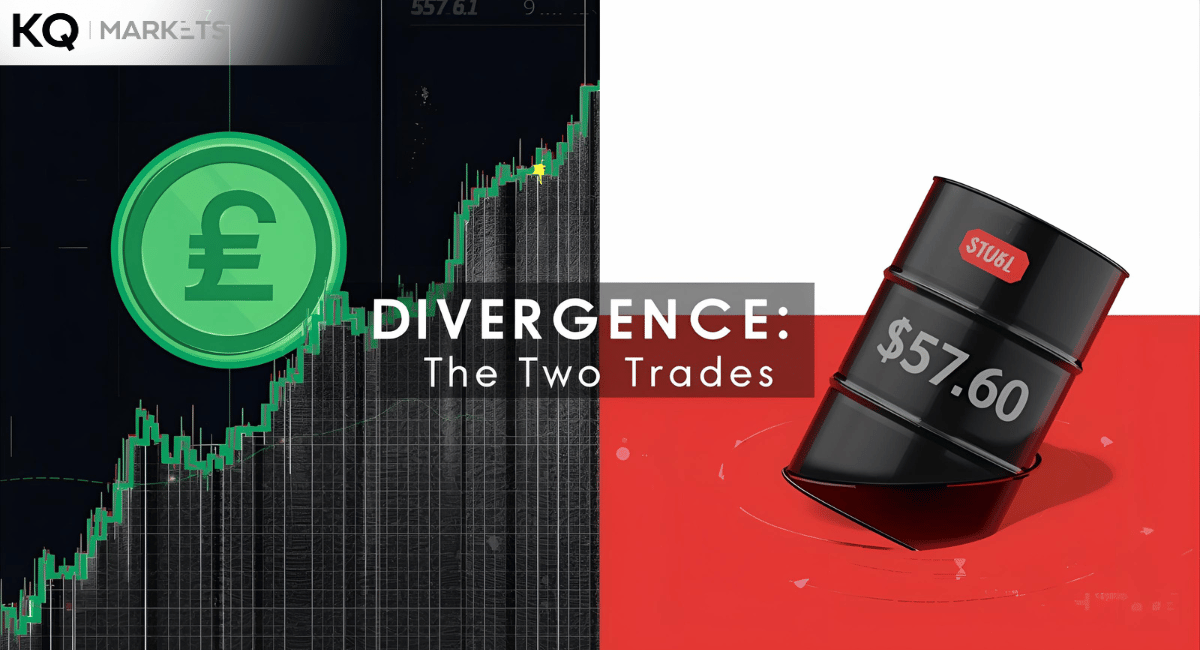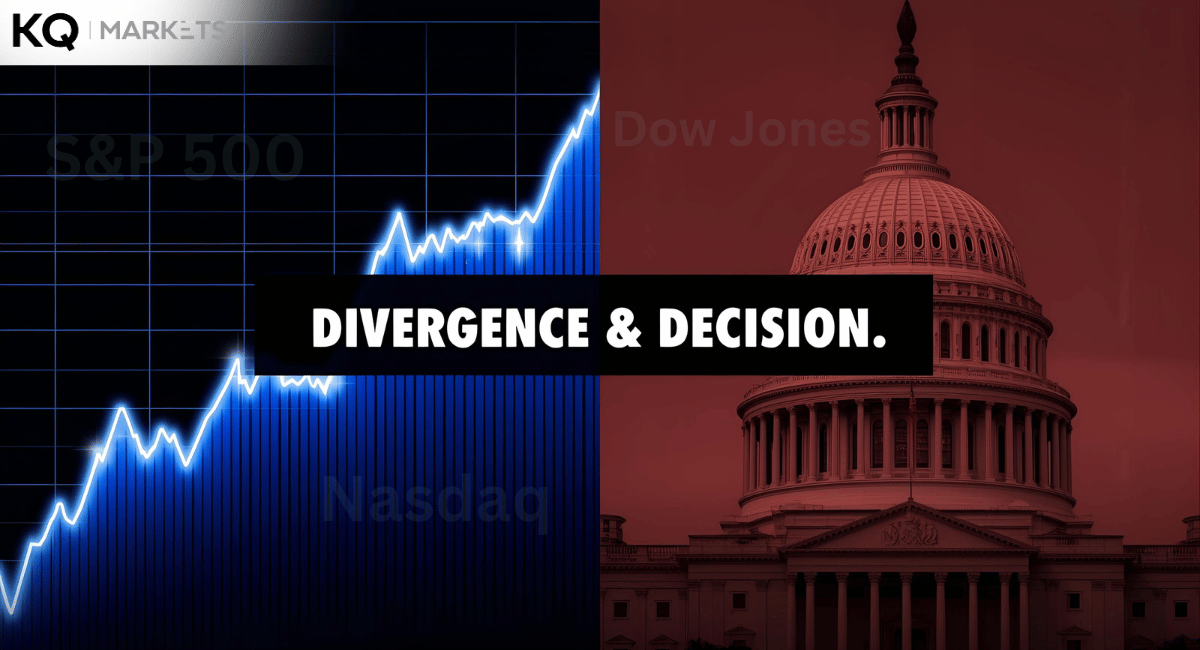Although financial decisions are always important, they are often hard. The difficulty of making financial choices gets worse during economic uncertainty. For instance, it has become a difficult yet important decision for someone applying for a mortgage now. Crucial factors to contemplate include choosing between a tracker or variable rate and the duration of the mortgage.
Meanwhile, the world financial system has showcased a boiling collapse since 2007. Central banks have initiated a robust regulation of interests to keep everything pumping. Thus, individuals, companies, and governments have become addicted to unsecured debt, car loans, and mortgages that may appear cheap. But the situation has changed over the last 12 months as the inflation rate is slowing down.
The Bank of England has consistently raised borrowing costs to help lower the rate of inflation over the period. In any case, raising interest rates works by sucking funds from households & businesses. The Bank of England has done it gradually through several medium and small-sized steps to ensure that the people get weaned off slowly. However, the 2022 September mini-budget showcased clearly the impacts of the interest raises on the economy.
The central bank rate impacts the future interest rates that the fixed-rate mortgages base on to decide prices. In 2022, the future interest rates were very volatile, rose dramatically, and stabilized over the autumn. Financial experts now believe that the borrowing costs will rise further and decline later this year. Nonetheless, some factors still add uncertainties to the situation. The volatility makes it difficult for someone reliant on a mortgage to plan.
Records indicate that nearly 90% of UK households rely on a fixed-rate mortgage of about two to five years. Fixed-rate mortgages allow applicants to predict their monthly mortgage within the registered period, but they must make an early repayment charge to get out of the deal. On the other hand, the variable rate mortgage changes with changes in the bank rate. In general, borrowing money for a longer period will attract a lower interest rate since the lender will lock up the money for longer.
Right now, borrowing money for two years costs more than for five years, which costs more than for ten. The best buy tables indicate that the variable mortgages may cost less than the fixed rate option as of the current bank rate. The explanation for this occurrence is that rates are likely to continue rising. Thus, the monthly interest rates on the variable mortgage rate will likely rise too. Above all, people opting for mortgages through the monthly rates can opt for fixed-rate loans at a lower cost.
It's a comprehensive overview of the impact of interest rate hikes on the mortgage market and the challenges facing borrowers and lenders. Whether you're a homeowner, prospective buyer, or simply interested in understanding the current state of the UK housing market, this informative piece is a must-read. Stay informed and stay ahead of the game with KQ Markets. Begin your trading journey with us with our complete economic calendar, accurate forex signals, precision-driven fibonacci indicator, and user-friendly pivot point calculator, you can stay ahead of the game.
Read Also:
UK Announces Major Overhaul of Its Financial Sector
Inflation Report Shows Consumer Prices Rose 7.7% from Year Earlier





